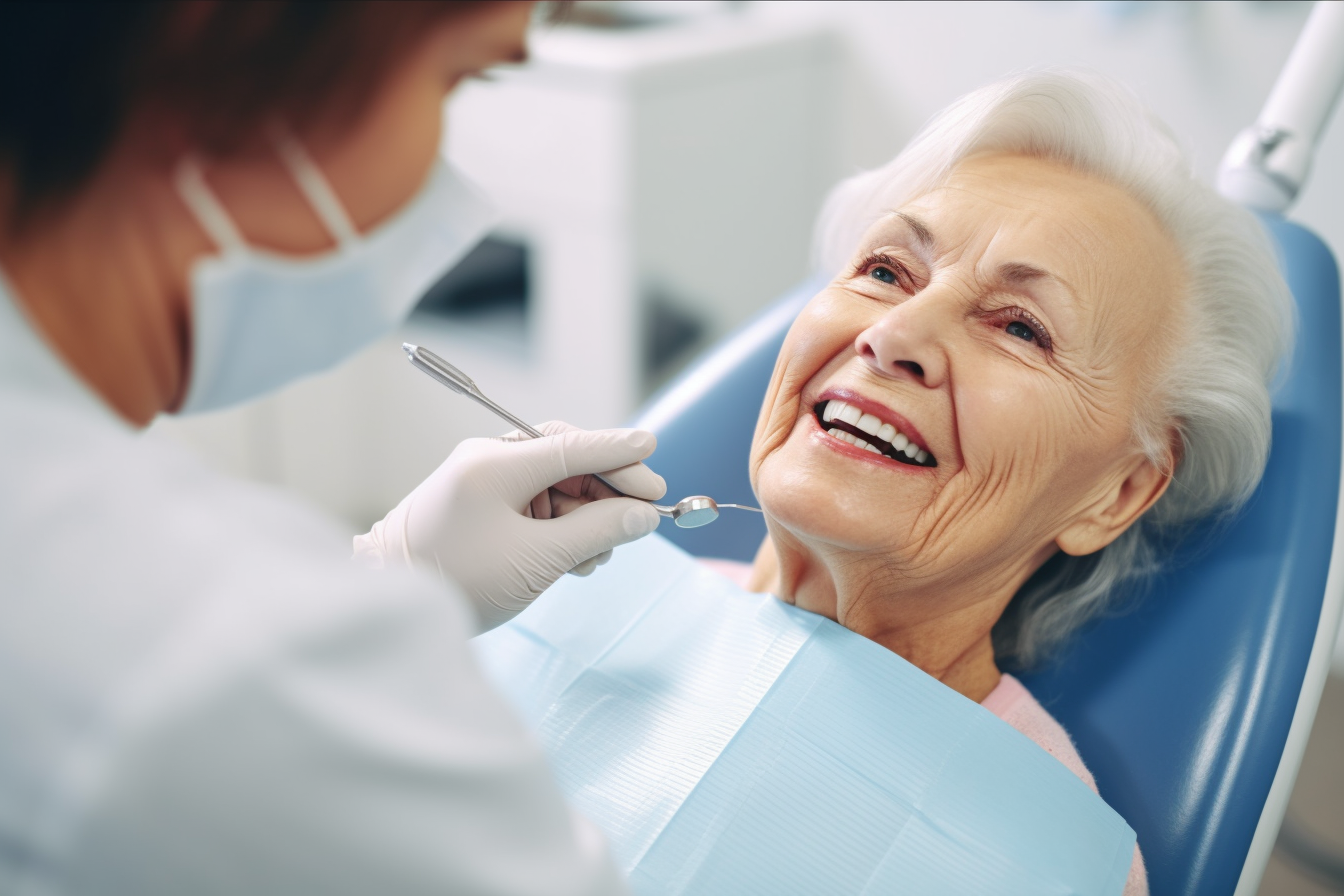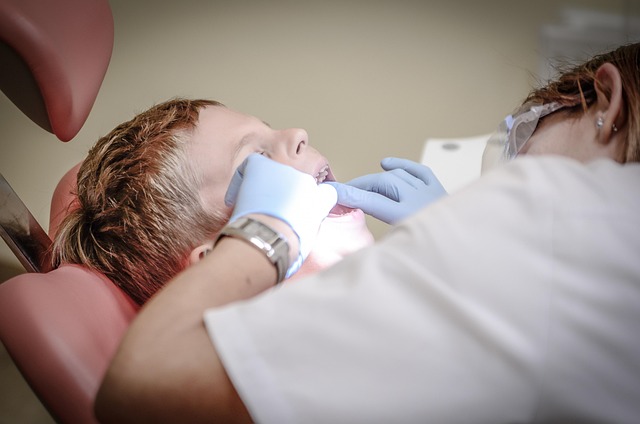Senior-Friendly Dentistry and Elder Care in United States 2026
As the older adult population grows in the United States, dental care tailored to seniors becomes increasingly important. Age-related oral health issues need specialized expertise and accommodations. This overview highlights key features of senior-friendly dental care and factors for accessing suitable services in 2026.

Importance of Specialized Dental Care for Seniors
Oral health plays a critical role in overall health, especially for individuals aged 65 and older. Common age-associated challenges include dry mouth (xerostomia), gum disease, tooth loss, and complications related to medications. These factors can complicate daily oral hygiene and contribute to systemic health concerns such as cardiovascular disease, diabetes management, and respiratory infections. Therefore, dental care that addresses the unique needs of seniors is considered an integral part of healthy aging.
Characteristics of Senior-Friendly Dental Care Providers
Senior-friendly dental care goes beyond general dentistry by incorporating considerations specific to older adults’ physical, cognitive, and medical needs. Key aspects include:
Accessibility and Physical Accommodations
Dental offices designed for seniors typically feature entrance ramps, wide doorways, wheelchair-accessible restrooms, and adjustable dental chairs. These features help reduce barriers to care and facilitate safer, more comfortable visits.
Comprehensive Geriatric Dental Services
Providers often offer a broader range of treatments tailored to seniors, such as denture care, treatment for dry mouth, management of oral manifestations of systemic diseases, and assistance with oral hygiene techniques adapted to reduced manual dexterity.
Coordination with Medical Care
Due to multiple chronic conditions and medications common among older adults, dentists knowledgeable in geriatric care often collaborate with physicians and pharmacists. This coordination helps manage issues like drug-induced dry mouth or bleeding risks linked to anticoagulant use.
Patience and Communication
Seniors may have anxiety related to dental visits or cognitive impairments affecting communication. Dentists experienced with elderly patients use clear explanations, allow extra time, and involve caregivers when appropriate.
Mobile and In-Home Dental Care Services
Transportation and mobility limitations can prevent some seniors from accessing traditional dental offices. Mobile dental services and in-home dentistry have emerged to address this gap. These services bring dental care directly to patients’ residences, including assisted living or nursing facilities. Typical procedures offered in mobile settings include examinations, cleaning, denture adjustments, and minor restorative work.
Common Oral Health Issues in Seniors
### Dry Mouth (Xerostomia) Many medications prescribed to older adults cause reduced saliva production. Saliva is essential for neutralizing acids and protecting teeth, so dry mouth increases risk of cavities and oral infections.
Gum Disease
Periodontal diseases are prevalent in older populations and can lead to tooth loss if untreated. Regular dental assessments are necessary for early detection and management.
Tooth Loss and Prosthetics
Although tooth retention rates among seniors have improved, tooth loss still occurs, necessitating options such as dentures, bridges, or implants. Maintaining prosthetics requires specialized knowledge to ensure proper fit and oral tissue health.
Oral Cancers
Risk of oral cancers increases with age. Routine dental exams for seniors typically include screening for abnormal lesions or tissue changes.
Role of Technology in Senior Dental Care
Advanced dental technologies enhance diagnostics and treatment efficiency for elderly patients. Examples include digital imaging that reduces radiation exposure, intraoral cameras for detailed examinations, and computer-aided design/manufacturing (CAD/CAM) of restorative devices. Such technologies can contribute to shorter appointment times and more precise outcomes.
Navigating Dental Insurance and Payment Options
Dental coverage for seniors can come from private insurance, Medicare Advantage plans with dental benefits, Medicaid (varied by state), or supplemental dental insurance. Understanding coverage limitations and out-of-pocket costs is important for planning care. Some services, such as routine cleanings and exams, are more commonly covered than extensive restorative procedures.
Preventive Oral Health Strategies for Seniors
Maintaining oral health can involve daily practices adapted to seniors’ needs, including: - Using fluoride toothpaste and mouth rinses - Employing electric toothbrushes or adapted handles for reduced dexterity - Keeping hydrated to counteract dry mouth - Avoiding tobacco use - Maintaining regular dental check-ups
Typical Costs in United States (2026)
When considering dental care for seniors in the United States, typical price ranges include: - Basic option: Around $75 to $200 for routine exams and cleanings – suitable for preventive purposes and early detection. - Standard option: Approximately $500 to $1,500 for common restorative treatments like fillings, dentures, or minor gum therapy. - Premium option: Typically $2,000 to $5,000 or more for advanced procedures such as dental implants, full-mouth restorations, or complex periodontal surgery. Costs vary by geographic region, provider expertise, and patient-specific treatment needs.
Resources for Finding Senior-Friendly Dental Care
Several organizations and resources can assist with locating senior-focused dental providers: - American Dental Association (ADA) offers directories including geriatric specialists. - State dental associations often list dentists providing services tailored to older adults. - Community health centers and aging services organizations sometimes provide referrals for dental care with elder care expertise.
Conclusion
Oral health care adapted for seniors involves comprehensive approaches addressing physiological changes, medical complexities, and accessibility needs. In the United States, recognizing these factors helps in identifying dental providers equipped to support healthy aging through appropriate, comfortable, and effective dental care.
Regular dental visits remain essential throughout older adulthood to maintain oral function, reduce disease risk, and improve quality of life.




